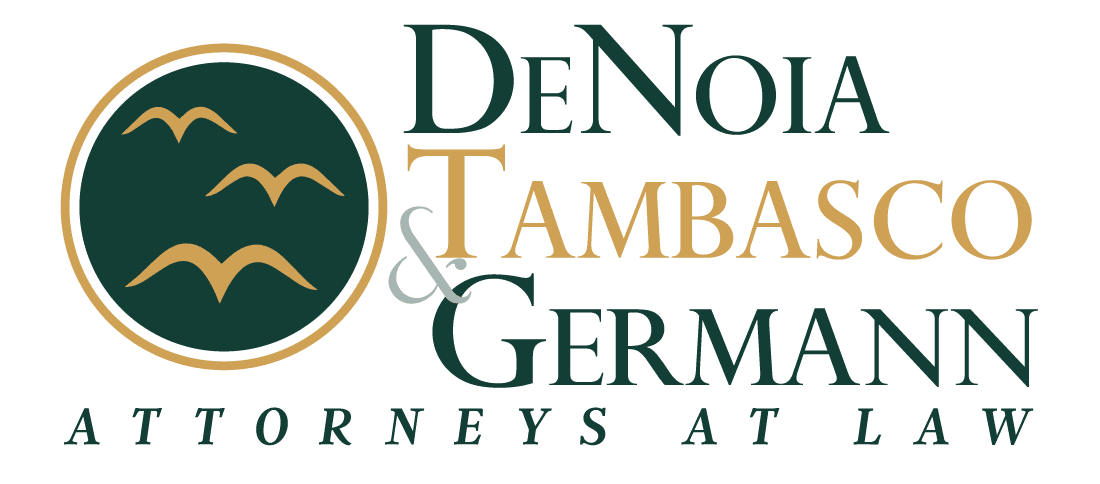Estate Lawyer
Every minute across the nation, a hundred people pass away. Despite death not being something we enjoy thinking about, it is something that we will all face at some point. We do not get to necessarily pick when that time comes, but when it does, where will the legacy you have built go? And to whom do you want your most cherished belongings and assets be distributed to? As an estate lawyer explains, these questions and more can be addressed by developing a comprehensive estate plan that covers all of your future concerns and wishes.
If you are wondering how your family can assist after you pass on, the best answer is to have an estate plan that lists instructions for how you want your assets to be given away in the future. Even though this is a task not everyone wants to jump right into, delaying too long can also pose a risk if there is an unexpected turn of events related to your health. Ideally, if you are of adult age, then you have an estate plan that you update every few years or as life circumstances change. If you pass away without an estate plan, your assets could be handled by the court, which most people do not want to happen. If that is the case, then consider reaching out to an estate planning law firm near you as soon as possible, similar to W.B. Moore Law.
To help you begin your estate plan, the first thing you can do is organize your money and assets so that you have a full idea of what is yours. This includes tangible and intangible assets, in addition to belongings that may not have monetary value but are immensely sentimental. You can leave such items or money to certain people in your life, or a charity organization you care about. Most people choose their significant others or immediate family members as beneficiaries of their estate, which means they will inherit an assigned portion of the estate after the owner dies.
As you sit down and think about what you want to write in your will, here are some impactful questions to ask yourself:
- Who will your beneficiaries be?
- What properties do you own?
- Is there a chance your children will need a guardian?
- Who should have ownership of your pets?
- Who do you want to appoint as executor (to handle your affairs)?
- Do you trust anyone besides yourself to make medical or financial decisions (just in case you become incapacitated and cannot communicate)?
- How much will your estate owe in taxes after you pass away?
- Is there any individual that you do not want to inherit part of your estate?
Estate planning doesn’t have to be an overwhelming task. Those who have yet to begin can consider the questions provided here as a guideline for how to get started. As soon as you have an estate plan written, you can rest assured that your closest loved ones will receive the assets that you want them to have with minimal to no interference from the court.
